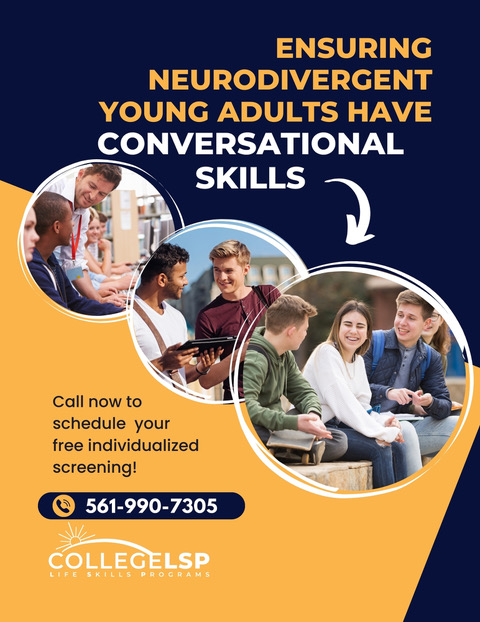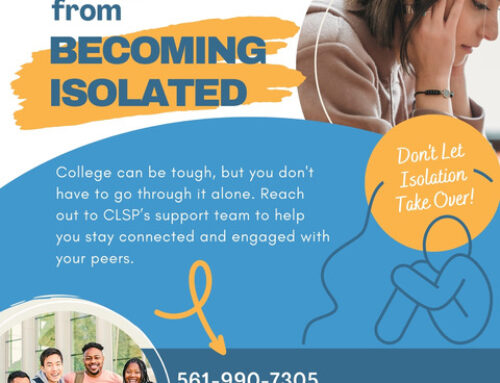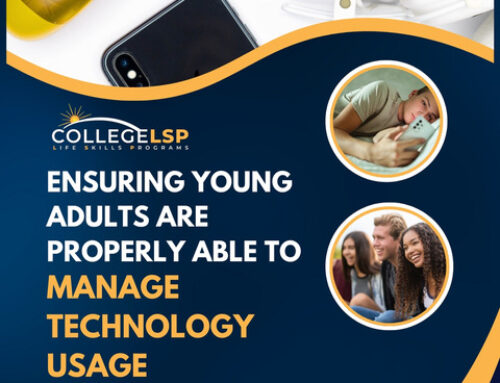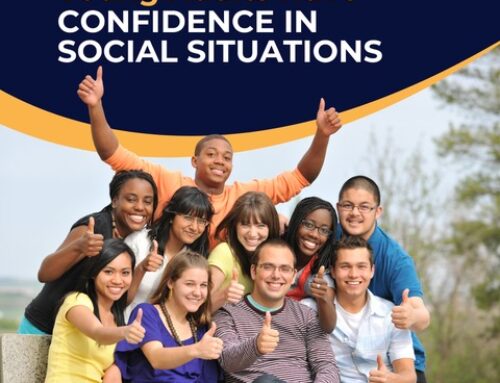But what if I say something I shouldn’t?
When one neurodivergent young man arrived at college, it was clear that his conversational skills were lacking. When trying to socialize with his peers, he was struggling to carry the conversation because he was too anxious about messing up, causing him to barely speak at all. This would then cut his socialization time short, making it difficult to get past the introduction stage with his peers, leading him to become lonely after the first few weeks of college. While his roommate still made an effort to start a conversation with the young man, as time went on and the interactions stayed difficult to carry, the young man’s roommate eventually stopped trying, leaving him completely isolated.
His peers weren’t the only people the young man struggled to have a conversation with. Professors, coworkers, and his boss all also struggled with speaking to the boy. If it wasn’t a quick instruction or a hello in passing, the young man felt too stressed out when having a conversation to even pay attention to what the other person was saying. He was too focused on reading their facial expression or making sure his next question didn’t overstep any boundaries that the conversation couldn’t be continued because he wasn’t quite sure what they said, making socializing difficult for the boy. As time went on, he expressed to his parents that he didn’t like college and wanted to return home, causing them to reach out to the College Life Skills Program for help.
There, he met with a coach weekly so he could strengthen these skills by learning and applying strategies such as ensuring he was actually listening to what his peers were saying and practicing carrying a conversation based on the last thing said, not what he anticipated to ask next. Along with coaching and other techniques to try and learn how to strengthen his conversational skills, his ability to handle independent life flourished, preventing him from running away from college due to his poor ability to carry a conversation.
In college and adult life in general, it is important that young adults have well developed conversational skills. If not, they may find socializing, working with others, and everyday life difficult because they cannot properly carry a conversation. People have conversations every day, whether it be with a stranger in a grocery store, with your professor about an assignment, or simply catching up with your best friend, and if your skills aren’t well developed then these interactions can be stressful. Yet, lacking this skill is more common than most may think. “There were several areas of concern: 80% of participants believed students lacked the skills to appropriately communicate in writing with university faculty and staff, and 79% said they struggled with peer communication.” (highereddive, 2022). With such a high percentage of young adults lacking this skill, it is important we teach them the skills they need to be successful when carrying conversations independently, and the CLSP has the tools to help.
At the College Life Skills Program, our team of Doctoral and Master level professionals utilizes a series of proven highly individualized strategies, services, and techniques to help neurodivergent young adults who are college bound, in college, and even after college succeed in and after their transition into independent life. We help teach them life skills such as how to maintain a conversation so they can be successful in the work world and in life as well as help them learn how to balance independent life, and other executive functioning skills, social skills, and emotional maturity. If your young adult is struggling with certain skills, such as maintaining conversations on their own or the transition into college and adulthood, CollegeLSP has the tools to aid them in achieving and generalizing such skills.
Click here and call now to schedule your FREE 20-minute individualized screening
Dr. Eric J. Nach, Ph.D., M.Ed., A.S.D.C., is a Developmental and Behavioral Specialist who specializes in Autism, ADHD and related disorders. Dr. Nach is the founder of the College Life Skills Program where he and his team of professional’s help develop the Emotional Maturity, Executive Functioning, Life Skill and Social Abilities of college students and those high school students preparing for college. The CollegeLSP is a subsidiary program of the Support For Students Growth Center, located in Boca Raton, FL and providing services nationwide.
Published Sept. 19, 2022. (2022, September 19). Demand for strong written communication skills is soaring – why isn’t the support? Higher Ed Dive. https://www.highereddive.com/spons/demand-for-strong-written-communication-skills-is-soaring-why-isnt-the-s/631385/





